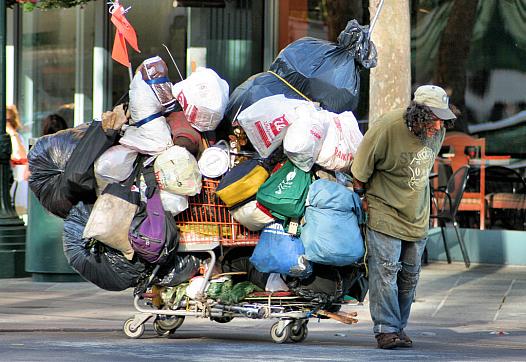
Silicon Valley is home to some of the world’s richest, most advanced companies. But underneath highways and along riverbeds, a scattered network of shantytowns endures. Santa Clara Co. has one of the most acute homelessness problems in the nation.

Silicon Valley is home to some of the world’s richest, most advanced companies. But underneath highways and along riverbeds, a scattered network of shantytowns endures. Santa Clara Co. has one of the most acute homelessness problems in the nation.
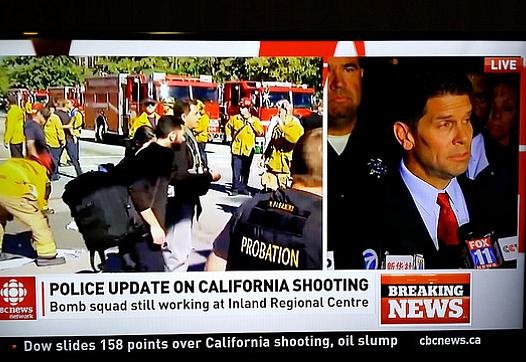
Daily life has regained a sense of normalcy in the months since the terror attacks in San Bernardino. But the longer lasting impacts are still taking shape. A reporter sets out to detail the event's impact on mental health across the inland region.
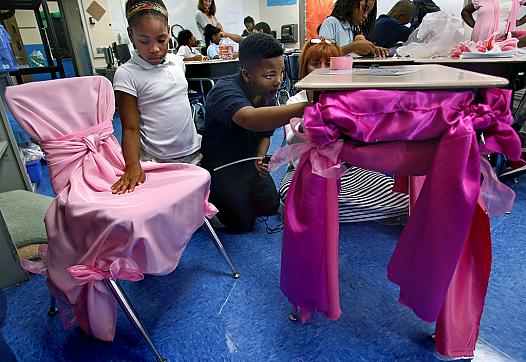
We know "toxic stress" can have a devastating impact on the longterm health and well-being of children. But how do we counter its effects? It turns out that strengthening relationships and building resilience is key.
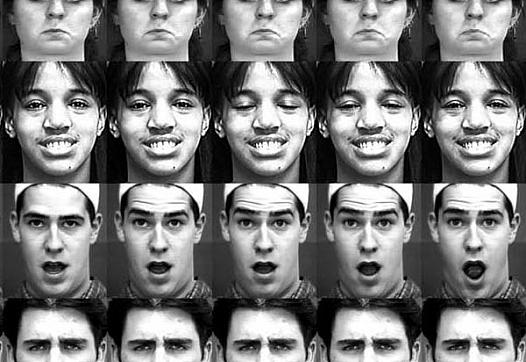
Toxic stress can have a devastating effect on children's health, with consequences stretching out over a lifetime. Nancy Cambria offers a primer on the science behind our emerging understanding of the toll chronic stress is taking on young lives.
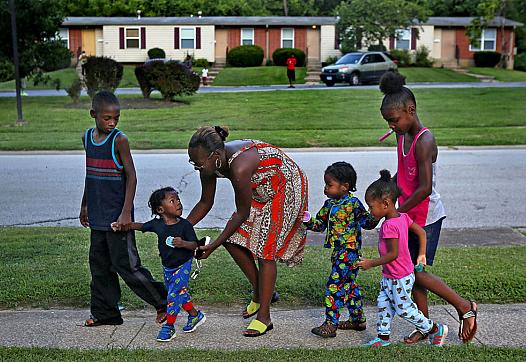
The story of Darlene Evans, a 45-year-old single mother of 10 children living on disability without a car, reflects how toxic stress can attack maternal health before moving on to impair prenatal and early childhood well-being.
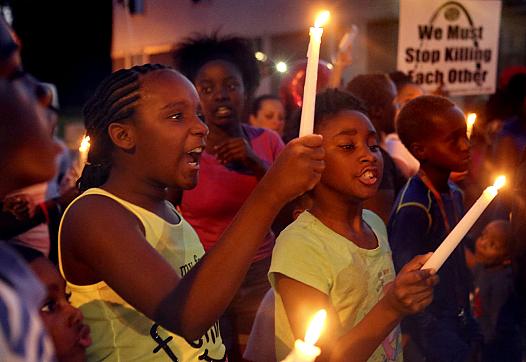
It has long been known that growing up in impoverished and dangerous neighborhoods such as Ferguson, Missouri dims life prospects. But now a commanding body of medical research presents a disturbing, biological picture of why.
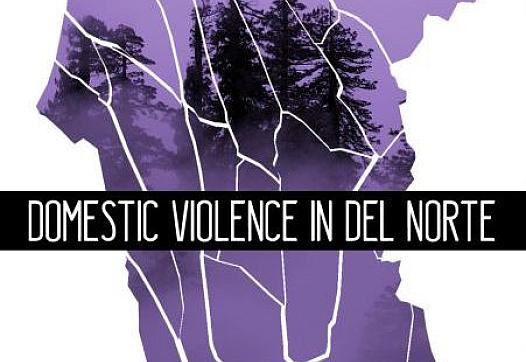
Even though people in California's Del Norte County have been reporting domestic violence at a staggering rate, most abuse is suffered in secrecy. That can make it easy to overlook the fact that Native American communities are disproportionately affected.
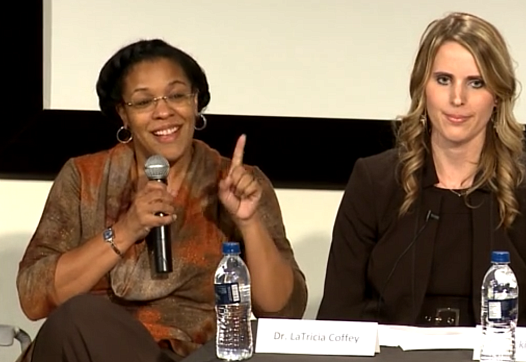
Before Jackie Valley tackled her series on the unmet mental health needs of Nevada's children, “community engagement” had not been something she regularly practiced. She shares how she took the plunge.

Toxic stress is becoming a hot topic in science and brain development. It’s also an emerging public health concern. Experts say the way to avoid toxic stress is through strong relationships that support children and their families.
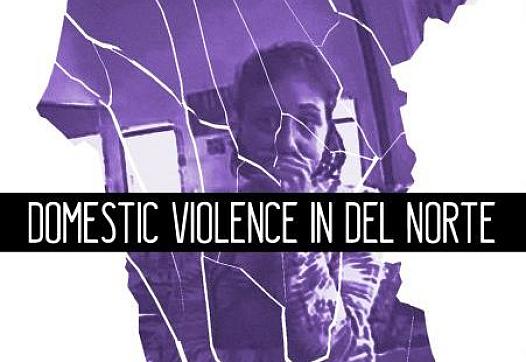
For some residents of Del Norte County in Northern California, domestic violence is a daily occurrence. The story of Tara Williams shows just how difficult it can be to find a way out.